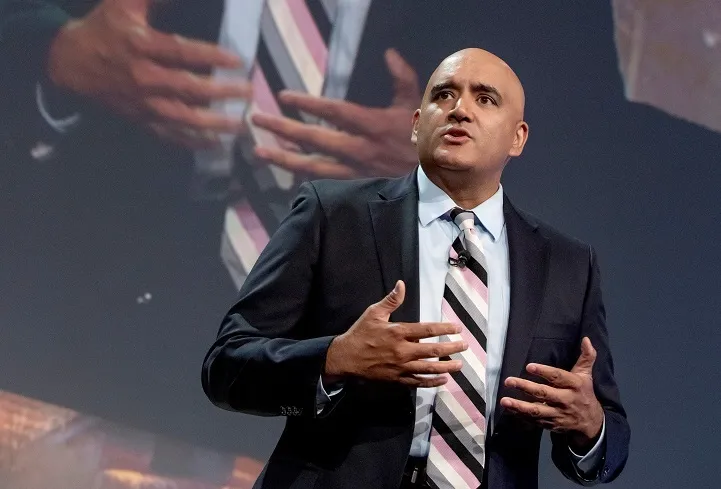“This new task order further reflects our position as a national leader in Transportation performance management and monitoring,” said Abbas Mohaddes, president and CEO of Iteris. “In 2011, we began the initiative to strategically improve performance monitoring and enhance the investment decision-making process. Since then, we have assisted several state DOTs and local agencies with setting targets, measuring performance, and analyzing and reporting various conditions. We plan to help the NHI reach out to even more agencies across the country and assist with the development of their performance monitoring programs. In this leadership role, we expect to be well-positioned to continue providing our suite of performance monitoring and measurement software solutions to agencies across the country.”
MAP-21 is a policy signed into law in 2012 that funds surface transportation programs with over US$105 billion through May 2015. Under MAP-21, state DOTs and Metropolitan Planning Organizations are required to develop performance-based plans and programs for asset management and safety. Once MAP-21 provisions are fully implemented, FHWA will be in a better position to communicate the performance of the transportation network throughout the country and the impact of federal funds.
Iteris awarded major MAP-21 services contract
Iteris is to help transportation agencies with the various elements of Moving Ahead for Progress in the 21st Century (MAP-21) requirements under a US$1.2 million task order awarded by the National Highway Institute (NHI). The contract also includes assistance with the implementation of performance measures into their existing planning processes. These programs assist federal, state, and local agencies to comply with MAP-21 performance management provisions.
“This new task order further reflects our posit
August 29, 2014
Read time: 2 mins









